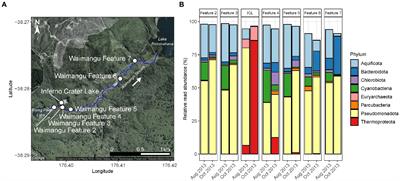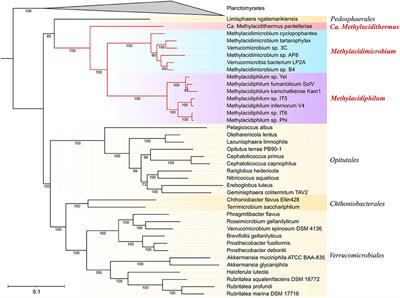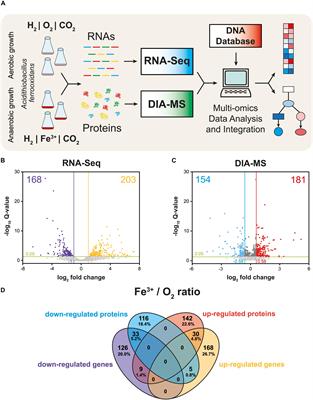EDITORIAL
Published on 10 May 2023
Editorial: Microbial communities from geothermal fields: recent advances on characterization, interaction with the environment, and potential applications in biotechnology
doi 10.3389/fmicb.2023.1205759
- 763 views
- 1 citation





